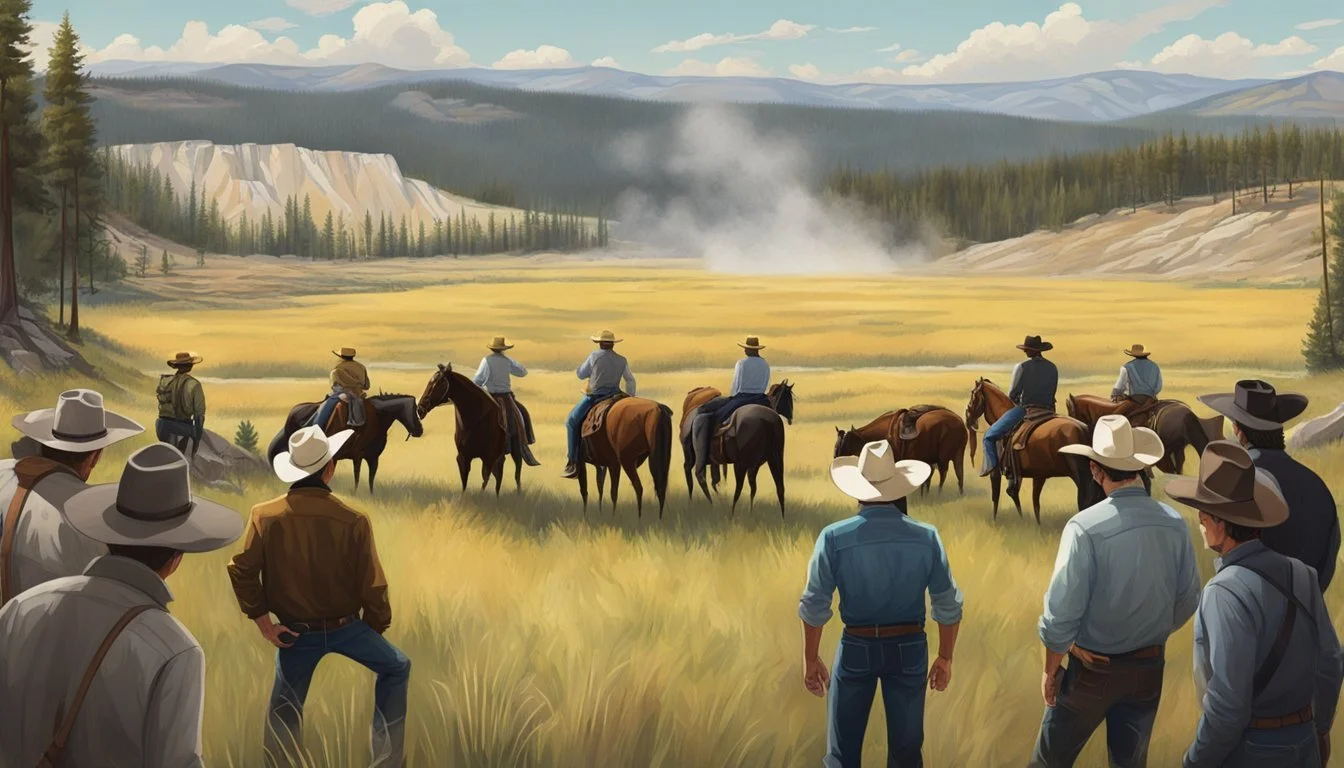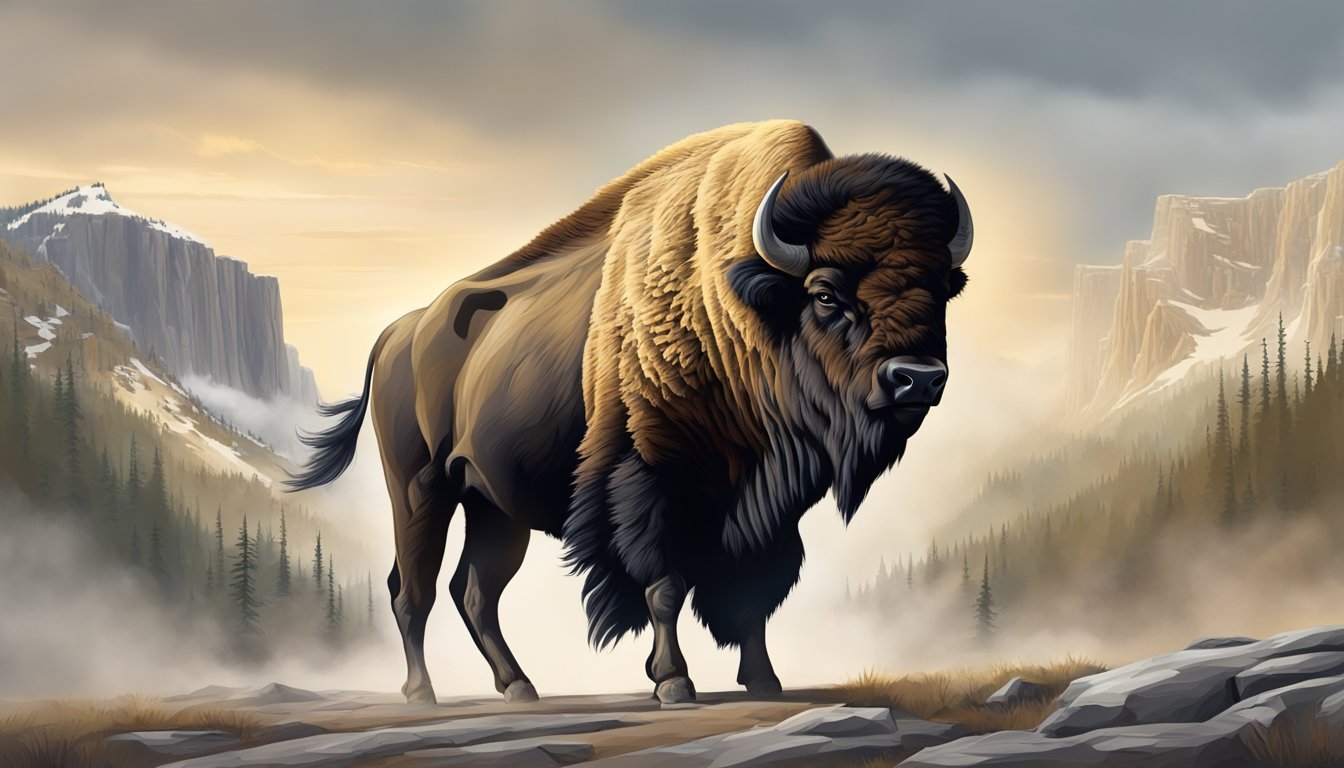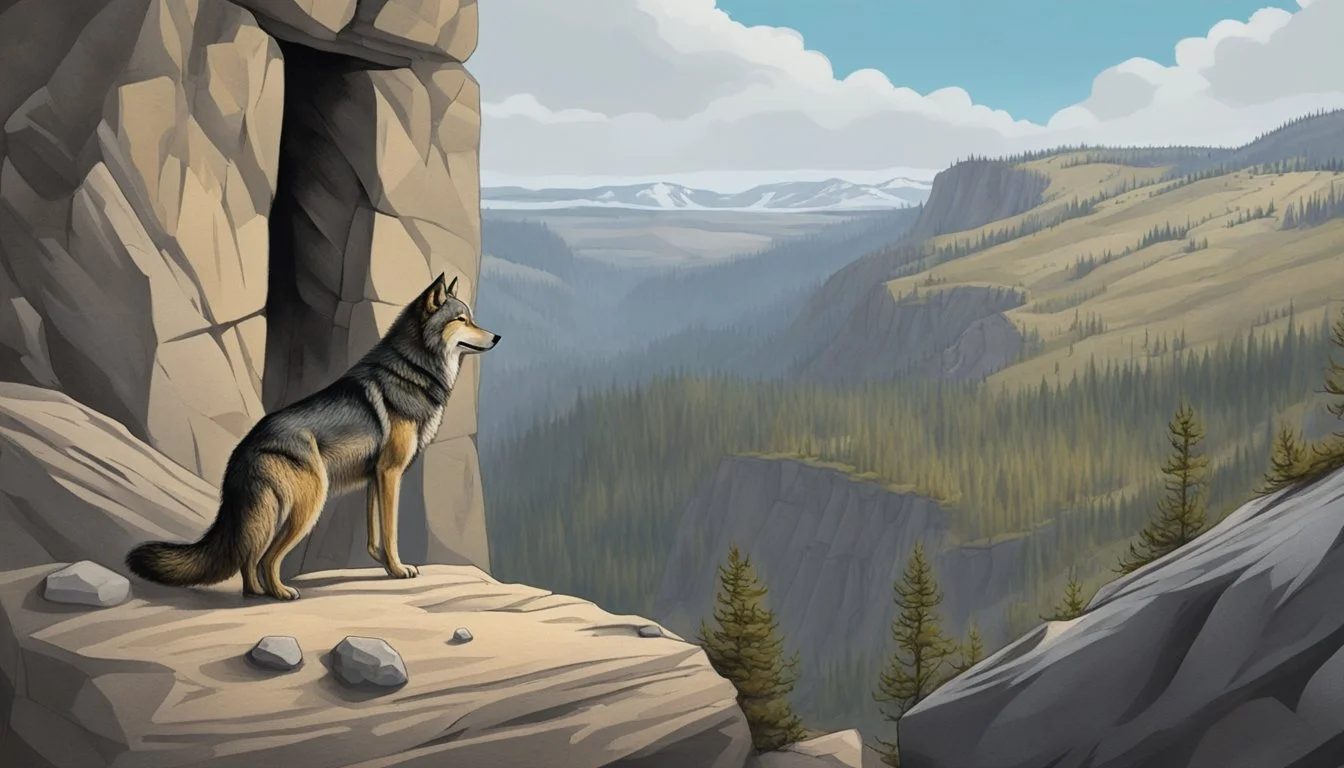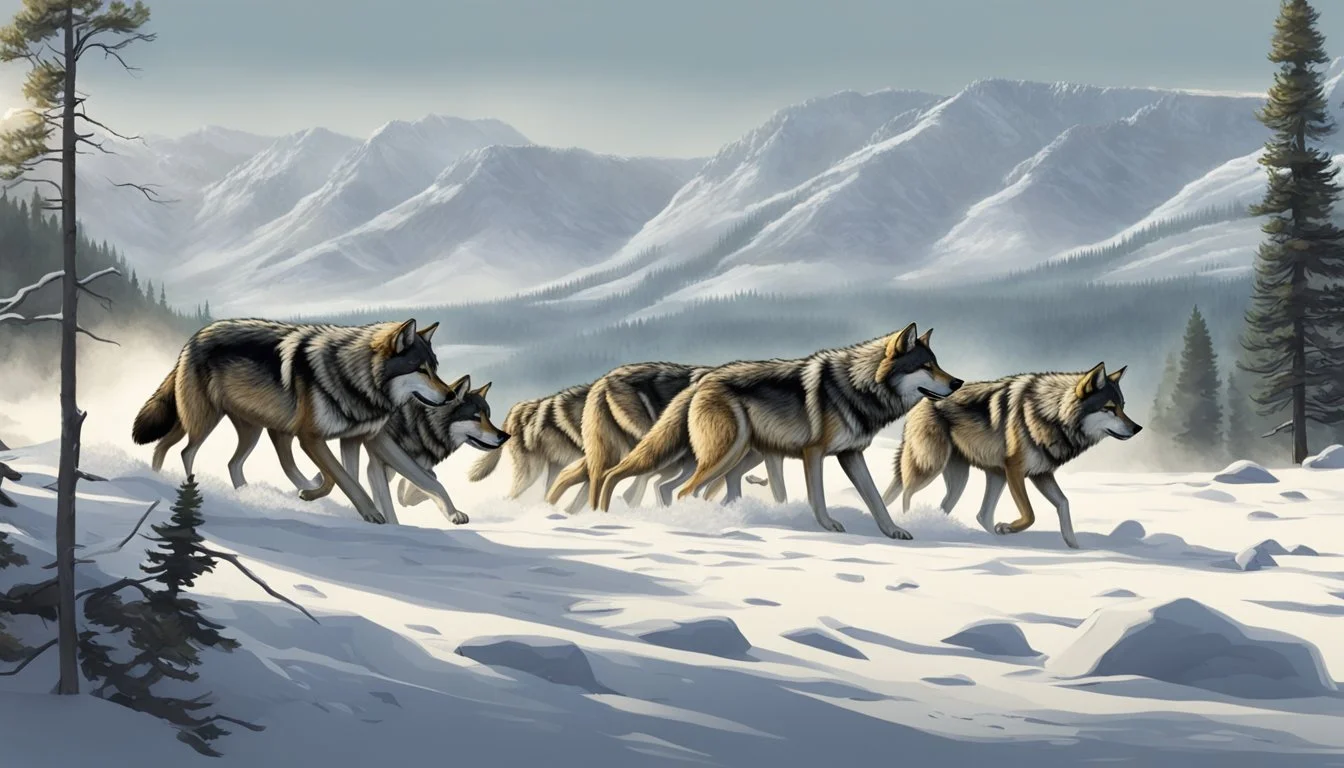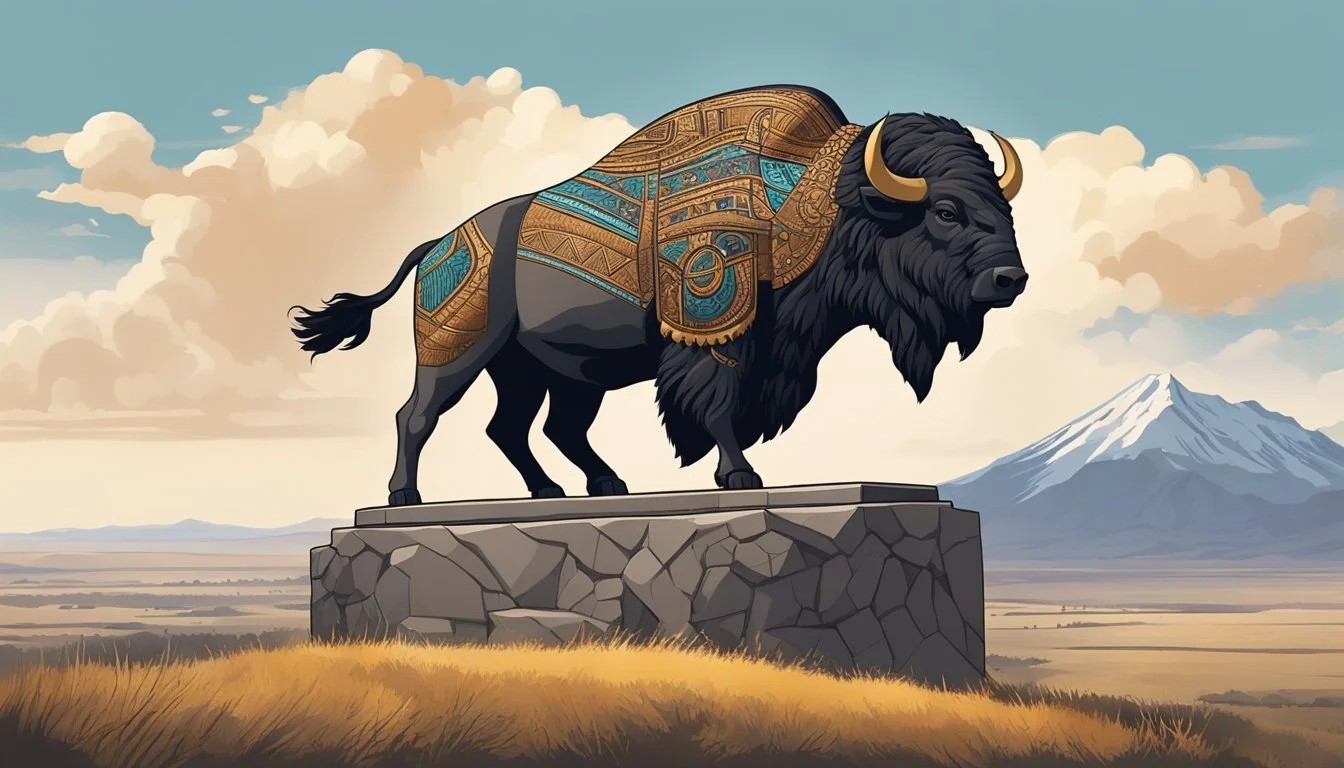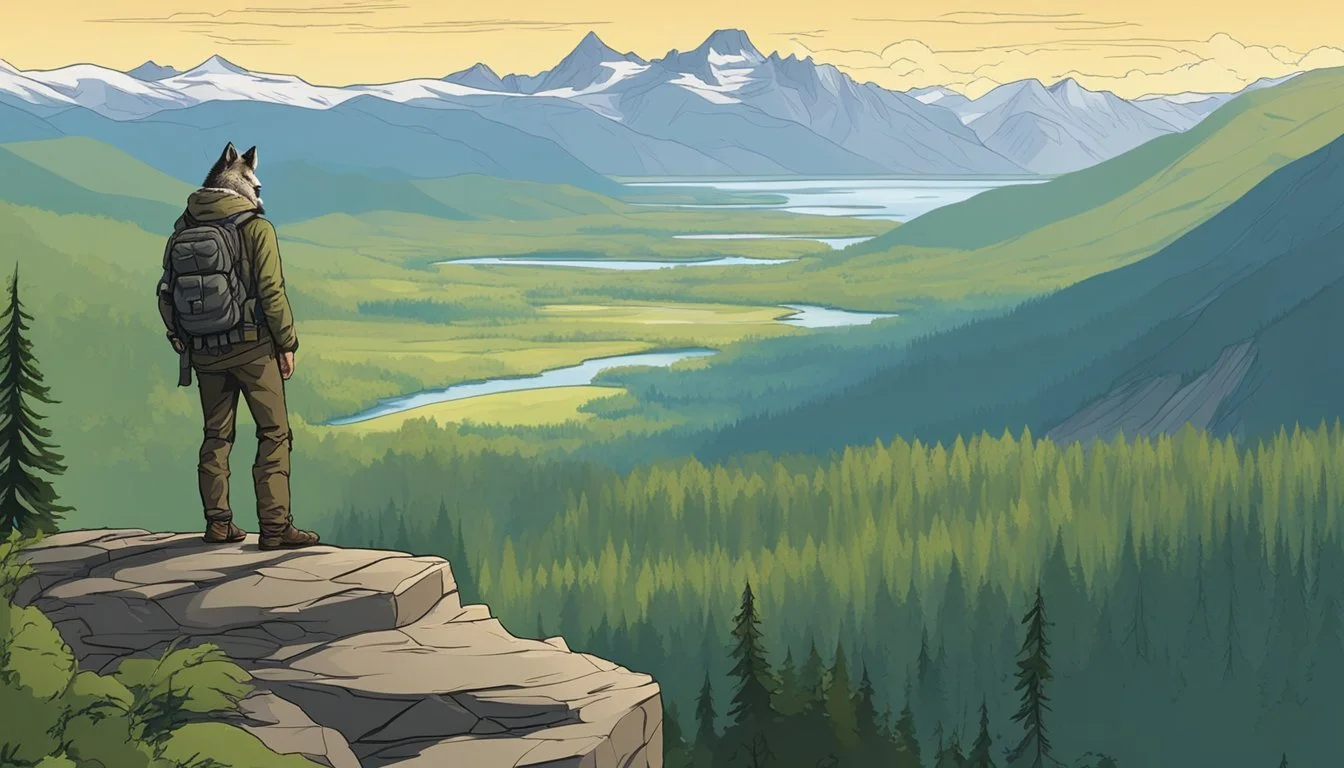Loyalty as Currency in Yellowstone's Power Dynamics
Unraveling the Show's Complex Relationships
Loyalty forms the bedrock of power dynamics in Yellowstone, the gripping TV series created by Taylor Sheridan. Set against the rugged backdrop of Montana, the show explores the complex relationships within the Dutton family as they fight to maintain control over their vast ranch.
In the world of Yellowstone, loyalty is indeed the highest currency, and those who possess it wield tremendous influence. This theme is masterfully portrayed through the characters' interactions, particularly those of John Dutton, played by Kevin Costner. The patriarch's unwavering commitment to his land and legacy serves as a powerful motivator for his children and allies.
The drama unfolds as various factions vie for control of the coveted Yellowstone Ranch. Through intense conflicts and unexpected alliances, the series reveals how loyalty can be both a shield and a weapon in the pursuit of power. This intricate dance of allegiances keeps viewers on the edge of their seats, making Yellowstone a compelling exploration of family, ambition, and the true cost of unwavering devotion.
Historical Context of Yellowstone
The Yellowstone saga spans generations, rooted in the turbulent history of the American West. This rich backstory provides crucial context for understanding the Dutton family's deep connection to their land and their ongoing struggles to maintain power and influence in modern Montana.
Origins of the Dutton Family and Yellowstone Dutton Ranch
James Dutton founded the Yellowstone Dutton Ranch in the late 19th century. He journeyed west with his family, seeking new opportunities and a fresh start. The ranch's establishment coincided with the closing of the American frontier, a period marked by rapid westward expansion and settlement.
The Duttons faced numerous challenges in their early years, including harsh Montana winters, conflicts with Native American tribes, and competition from other settlers. These experiences forged the family's resilient character and fierce determination to protect their land at all costs.
Significance of 1883 and 1923 in Shaping the Narrative
The years 1883 and 1923 serve as pivotal moments in the Dutton family history. 1883 marks the beginning of their westward journey and the founding of the Yellowstone Ranch. This period was characterized by the rapid transformation of the American West, as railroads expanded and new territories were settled.
1923 represents another crucial chapter, set against the backdrop of Prohibition and the aftermath of World War I. This era saw the Duttons solidify their power and influence in Montana, navigating changing social and economic landscapes while facing new threats to their land and way of life.
Transformation of the American West
The American West underwent dramatic changes from the late 19th to early 20th centuries. The completion of the transcontinental railroad in 1869 accelerated settlement and economic development. Yellowstone National Park, established in 1872, became a symbol of conservation efforts and the growing tension between preservation and development.
The Great Depression of the 1930s brought new challenges to ranching families like the Duttons. Many struggled to maintain their livelihoods amid economic hardship and ecological disasters like the Dust Bowl. These events shaped the region's cultural and economic landscape, influencing the power dynamics that continue to play out in the Yellowstone series.
The Salience of Loyalty in Yellowstone
Loyalty forms the bedrock of relationships and power dynamics in the Yellowstone universe. It shapes alliances, drives conflicts, and defines characters' motivations throughout the series.
Defining Loyalty Within the Duttons' World
In Yellowstone, loyalty transcends mere allegiance. For the Dutton family, it's an unbreakable code that governs their actions and relationships. John Dutton, the family patriarch, views loyalty as absolute devotion to the ranch and family legacy.
This unwavering commitment often requires personal sacrifices and difficult choices. Beth Dutton exemplifies this ethos, fiercely protecting her father's interests at all costs.
Loyalty in Yellowstone isn't just about familial ties. It extends to ranch hands, allies, and even enemies who prove their worth through steadfast support.
Manifestations of Loyalty Among Characters
Loyalty manifests in various forms throughout the series:
Unwavering Support: Rip Wheeler's undying allegiance to John Dutton
Sacrifice: Kayce Dutton's choice to return to the ranch, prioritizing family over personal ambitions
Protection: Beth's ruthless methods to safeguard the family's interests
Duty: Ranch hands risking their lives to defend the Yellowstone
These manifestations often blur ethical lines, raising questions about the true nature of loyalty. Characters frequently grapple with conflicting loyalties, creating tension and driving plot developments.
Betrayal and its Repercussions on Family Bonds
Betrayal in Yellowstone carries severe consequences, particularly within the Dutton family. Jamie Dutton's actions serve as a prime example of how disloyalty can fracture relationships and alter character arcs.
His decision to turn against his family results in:
Irreparable damage to his bond with Beth
Loss of trust from John Dutton
Isolation from the family unit
The show explores how betrayal impacts not only the betrayer but also those betrayed. Beth's relentless pursuit of vengeance against Jamie highlights the lasting effects of broken trust.
Yellowstone uses these instances of betrayal to examine the complexities of family dynamics and the true cost of loyalty in a world where power is everything.
Power Dynamics and Character Relationships
Yellowstone's intricate web of relationships shapes the power dynamics that drive the series forward. Alliances shift and loyalty is constantly tested as characters vie for control and influence.
John Dutton's Leadership and the Struggles for Control
John Dutton stands at the center of Yellowstone's power structure as the patriarch of the Dutton family and owner of the largest contiguous ranch in the United States. His iron-fisted leadership style often puts him at odds with his children, especially Jamie and Beth, who have their own ambitions and methods. John's unwavering commitment to preserving the ranch creates constant tension with external forces like Thomas Rainwater and Dan Jenkins, who seek to claim parts of the Dutton land for their own purposes.
The struggle for control extends beyond land ownership, encompassing political influence and economic power in Montana. John's methods of maintaining control, which sometimes border on illegal, highlight the complex moral landscape of the series.
Complex Allies and Antagonists
Yellowstone's characters rarely fall into simple hero or villain categories, instead existing as complex individuals with their own motivations and flaws. Beth Dutton, John's fiercely loyal daughter, uses her sharp intellect and ruthless tactics to protect the family interests, often blurring ethical lines. Her relationship with Rip Wheeler adds another layer to the power dynamics, as personal and professional loyalties intertwine.
Kayce Dutton's character arc illustrates the internal conflicts many face, torn between family duty and personal desires. His position as a liaison between the ranch and the reservation further complicates allegiances.
Thomas Rainwater, as leader of the nearby Native American reservation, represents both an antagonist to the Duttons and a complex character fighting for his people's rights and future.
Rip Wheeler and the Bunkhouse Crew
Rip Wheeler's unwavering loyalty to John Dutton and the ranch forms a crucial pillar in Yellowstone's power structure. As ranch foreman, Rip manages the day-to-day operations and commands respect from the bunkhouse crew. His relationship with the ranch hands, including long-time cowboy Lloyd Pierce and the more rebellious Walker, showcases the hierarchy and tensions within the ranch itself.
The bunkhouse serves as a microcosm of the larger power dynamics, with its own rules and pecking order. Conflicts between characters like Lloyd and Walker reflect broader themes of loyalty, respect, and the struggle for position within the ranch's ecosystem.
Narrative and Thematic Development
Yellowstone's narrative weaves a complex tapestry of power struggles, family legacy, and the fight for survival in modern Montana. The show's thematic depth has grown alongside its characters, exploring the intricate dynamics of the Dutton family and their ranch.
Evolution of the Dutton Family Saga
The Dutton family's journey forms the core of Yellowstone's narrative. From Season 4 to Season 5, their story has become increasingly complex. John Dutton's role as patriarch evolves as he faces new challenges to his authority and legacy.
Beth Dutton's fierce loyalty and cunning strategies play a crucial part in protecting the family's interests. Her relationship with Rip Wheeler adds depth to her character arc.
Jamie Dutton's internal conflicts and divided loyalties create tension within the family dynamic. His choices often have far-reaching consequences for the ranch and its future.
Themes of Power, Legacy, and Survival
Power dynamics are a central theme in Yellowstone. The struggle for control of the Dutton Ranch symbolizes larger conflicts over land and resources in Montana.
Legacy is a driving force for the characters' actions. John Dutton's determination to preserve his family's heritage often clashes with modern realities and external pressures.
Survival takes on multiple meanings:
Physical survival in the harsh Montana landscape
Economic survival of the ranch
Preservation of the Dutton way of life
These themes intertwine, creating a rich narrative tapestry that resonates with viewers.
Story Arcs from Season 4 to Season 5
Season 4 focused on the aftermath of the attacks on the Dutton family. Key storylines included:
The hunt for those responsible
Beth's corporate maneuvering
Jamie's relationship with his biological father
Season 5 expanded the scope of conflicts:
John Dutton's role as Governor of Montana
Increased threats to the ranch from developers and environmental groups
Deeper exploration of Native American issues through characters like Mo and Thomas Rainwater
The show continues to balance personal dramas with larger societal issues, maintaining its grip on audiences through compelling character development and intricate plot twists.
Cultural Impact and Reception
Yellowstone has made significant waves in the television landscape, reshaping perceptions of the American West and influencing popular culture. The show's portrayal of power dynamics and family loyalty has resonated with audiences and critics alike.
Critical Analysis of Yellowstone's Influence
Yellowstone's depiction of rural Montana and the complexities of modern ranching life has garnered both praise and criticism. Critics have lauded the show's authentic portrayal of the American West, highlighting its nuanced exploration of land ownership conflicts and cultural clashes. The series has been commended for its stunning cinematography, capturing the majestic landscapes of Paradise Valley. Some reviewers have noted the show's tendency to romanticize certain aspects of ranch life, while others appreciate its unflinching look at the harsh realities faced by ranchers today.
Yellowstone's Contribution to Modern Western Genre
Taylor Sheridan's creation has breathed new life into the Western genre, updating traditional tropes for a contemporary audience. Yellowstone blends classic Western themes with modern storytelling techniques, creating a unique viewing experience. The show's success has sparked renewed interest in Western-themed content across various media platforms. Its influence can be seen in the development of similar shows and the resurgence of Western-inspired fashion and lifestyle trends.
Audience Engagement and Fandom
Yellowstone has cultivated a dedicated fanbase, with viewers eagerly discussing plot developments and character arcs online. The show's popularity has led to the creation of fan communities, merchandise lines, and even Yellowstone-themed travel experiences. Social media engagement surrounding the series has been particularly strong, with fans sharing theories and behind-the-scenes content. The Paramount Network has capitalized on this enthusiasm, organizing fan events and interactive experiences to further connect with the audience.
Exploration of Prequels and Yellowstone's Future
The Yellowstone universe continues to grow through prequels and potential future storylines. These expansions offer deeper insights into the Dutton family's history and legacy.
Role of Prequels in Expanding the Yellowstone Universe
Prequels like "1883" and "1923" provide crucial backstory to the Yellowstone Dutton Ranch. "1883" follows the Dutton family's arduous journey westward, establishing the foundation of their empire. "1923" explores the challenges faced by an earlier generation of Duttons during Prohibition and the Great Depression.
These prequels enrich the main series by revealing the origins of family traditions and values. They showcase the tenacity and determination that shaped the Duttons' approach to land ownership and power.
The historical settings allow for exploration of themes like manifest destiny, survival, and the cost of the American Dream. This context adds depth to the modern-day conflicts in Yellowstone.
Prospects for Storytelling and Character Exploration
Future storylines in the Yellowstone universe hold immense potential for character development. The prequels have opened doors to explore different eras of Dutton family history.
New spinoffs could delve into unexplored periods between the established timelines. This approach would fill gaps in the family's story and introduce fresh characters with their own compelling arcs.
The expansion of the universe allows for diverse storytelling styles. Period dramas, character-driven narratives, and even genre-bending approaches could keep the franchise fresh and engaging.
Exploring secondary characters' backgrounds or focusing on specific historical events affecting the Dutton ranch are viable options for future narratives. These storylines could provide new perspectives on the family's legacy and its impact on the American West.

